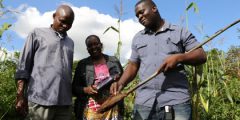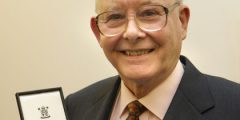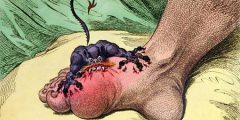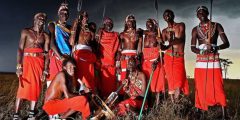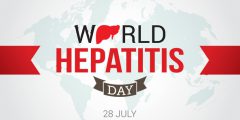Nottingham receives funding to tackle real-world problems
January 31, 2019
The Faculty of Social Sciences at the University of Nottingham has received £1.3 million from the Economic and Social Research Council (ESRC) to fund leading research to tackle real world problems. The funding will enable a four-year programme of activities that will support collaborative projects between academics and a range of charities, social enterprises and …
Slavery experts host unique screening of The Crossing
January 25, 2019
Experts from the Rights Lab will host a special screening of Dr. Shreepali Patel’s The Crossing on the 31 January at BackLit art Gallery. The Crossing explores the story of a young girl who is manipulated through the “lover-boy technique”, and is subsequently trafficked for sex across Europe. Dr Patel’s aim was to begin the film with …
World Soil Day – Nottingham puts soil science on world stage
December 5, 2018
It’s World Soil Day today, the annual awareness day run by the United Nations Food and Agriculture Organisation. The event aims to raise awareness of the importance of soil quality for human well-being, food security and ecosystems. Here’s just a flavour of the soil science and facilities that support the University of Nottingham’s internationally recognised research …
£50 note – Sir Peter Mansfield on the list of nominations
November 28, 2018
Sir Peter Mansfield is on a list of eligible names nominated in the first week of the Bank of England’s search for the face of the new £50 note. The Bank of England wants to feature someone who has contributed to science. The list of all eligible nominations will be posted once the nomination window closes on Friday …
Former gout patient backs University research for a pain-free future
October 22, 2018
A former patient whose life was so badly affected by gout that he considered suicide is backing the results of a University of Nottingham-led study which has shown that some people may still be suffering needlessly. Malcolm Coy is now living pain free, thanks to a specialist nurse-led care approach championed by Professor Michael Doherty …
International aid can work both ways
September 5, 2018
Children in the UK are benefitting from a Maths app learning tool thanks to an International Aid project that started in Africa. The specially designed app allows children to work through engaging exercises at their own pace, in their own language. An in-app teacher guides children through the content being taught. Childrens’ knowledge is assessed through a quiz at the end of each …
Modern Day Slavery and Survivor Voices with the Maasai Cricket Warriors
August 10, 2018
Members of the public are invited to learn more about how modern slavery is impacting their own communities in Nottingham. ‘Modern Day Slavery and Survivor Voices’, is a day-long event being held at the Holy Trinity Church in Lenton in Nottingham on 22 August from 9.10am- 3pm. The event is part of the famous Maasai …
University of Nottingham researchers working to eliminate viral hepatitis
July 28, 2018
In this blog, Dr Alex Tarr from the School of Life Sciences, explains why this year’s World Hepatitis Day (Saturday July 28 2018) is an important opportunity to raise awareness about the global health and social burden of viral hepatitis. More than 300 million people worldwide are infected with viruses that result in liver damage, …
World Cup wonders: nano-scale footballs made by masters of the minuscule
July 11, 2018
They created the world’s smallest periodic table; they sent the Queen a 90th birthday message etched on a corgi hair; so, how are experts at the University of Nottingham’s Nanoscale and Microscale Research Centre (nmRC) marking the World Cup? They have joined forces with 3D printing experts in the Centre for Additive Manufacturing (CfAM) – these chemists, engineers and specialist technicians have created a set of nanoscale football shaped structures in the style of a Russian Doll – one …
From Hawaiian snail trail to Broadcasting House
July 9, 2018
When the plight of Jeremy the lonely ‘lefty’ snail made international headlines for the first time in October, it was up to his scientist Dr Angus Davison, an evolutionary geneticist in the University’s School of Life Sciences, to use the media to explain why the plight of this one-in-a-million gastropod could help us to understand …



